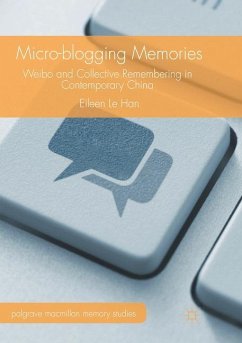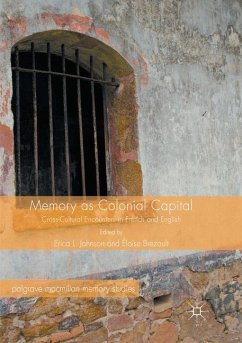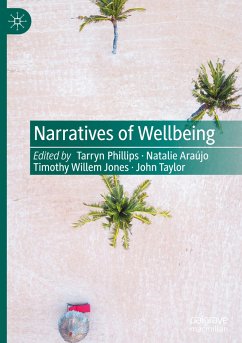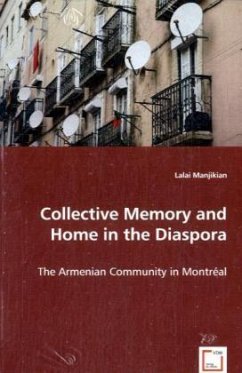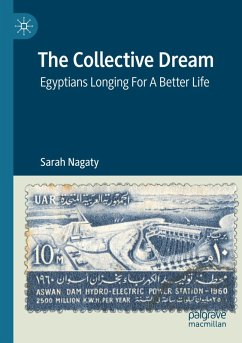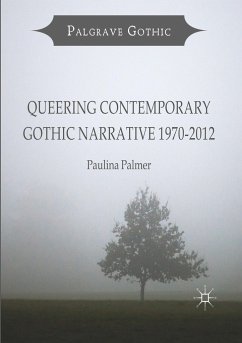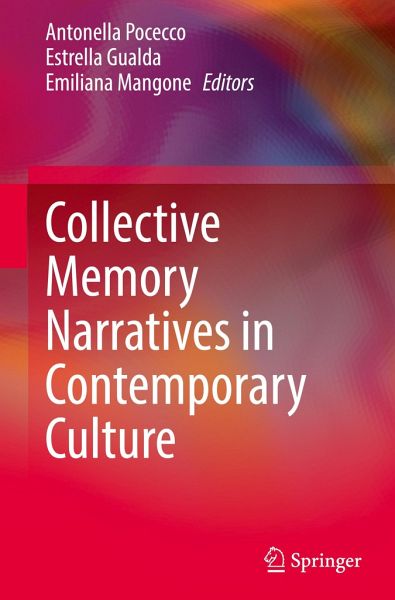
Collective Memory Narratives in Contemporary Culture

PAYBACK Punkte
49 °P sammeln!
Starting from the central importance of memory in contemporary societies, this book encourages a transdisciplinary reflection on how the "presentification of the past" is never a simple reenactment but corresponds to the interaction between memory and cultural sensitiveness, present beliefs and needs, expectations, and forecasts for the future. It studies cultural (re)construction through collective stories, including academic debates, media narratives, collective mobilizations, state narratives of history, architectural reconstructions, and artistic expressions. It looks at how technological ...
Starting from the central importance of memory in contemporary societies, this book encourages a transdisciplinary reflection on how the "presentification of the past" is never a simple reenactment but corresponds to the interaction between memory and cultural sensitiveness, present beliefs and needs, expectations, and forecasts for the future. It studies cultural (re)construction through collective stories, including academic debates, media narratives, collective mobilizations, state narratives of history, architectural reconstructions, and artistic expressions. It looks at how technological innovations have profoundly changed the practices of conservation and dissemination of collective memory, with particular reference to cultural digitization. Finally, it shows that the relevance and selection of events, the organization of connections and cross-references between past, present, and future, as well as the importance of diversified collective imaginaries are the keys to narrative constructions of memory that prove to be sensitive and decisive for its continuity and its intergenerational transmission. This interdisciplinary collection is for students and scholars of the social sciences, cultural studies, and the humanities interested in memory studies.






